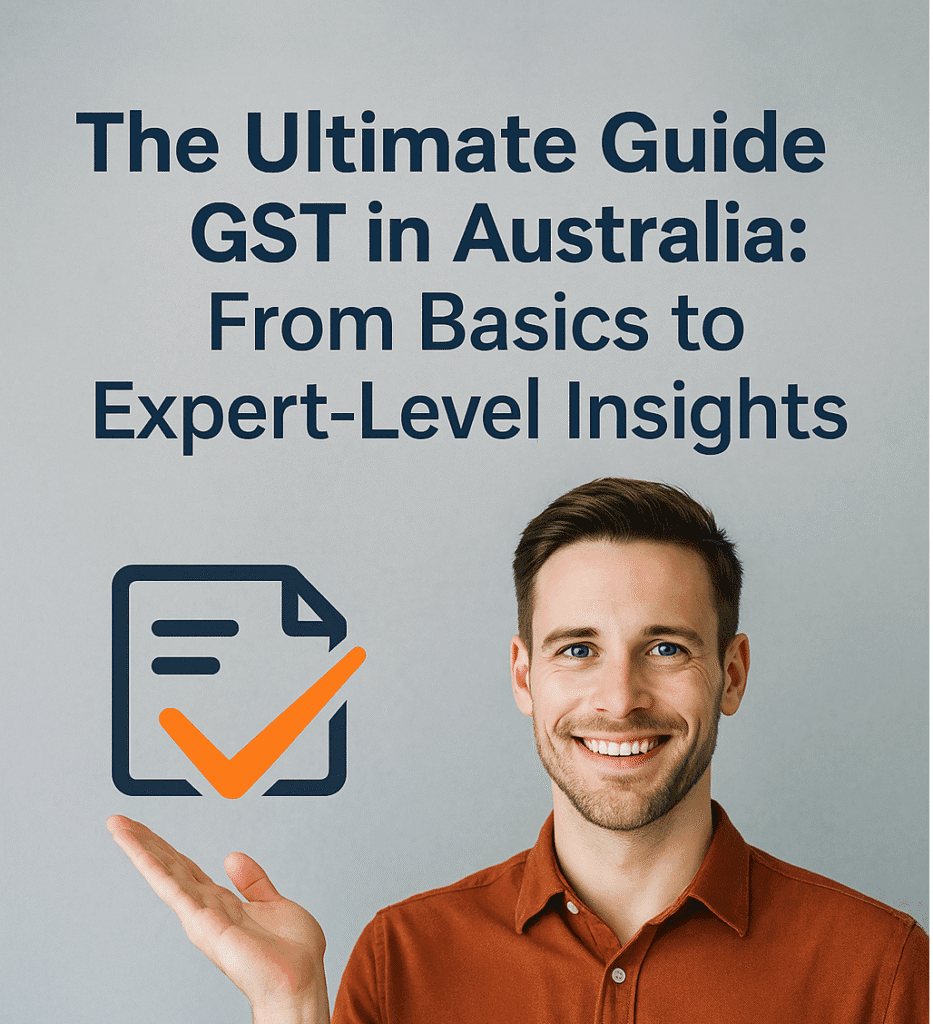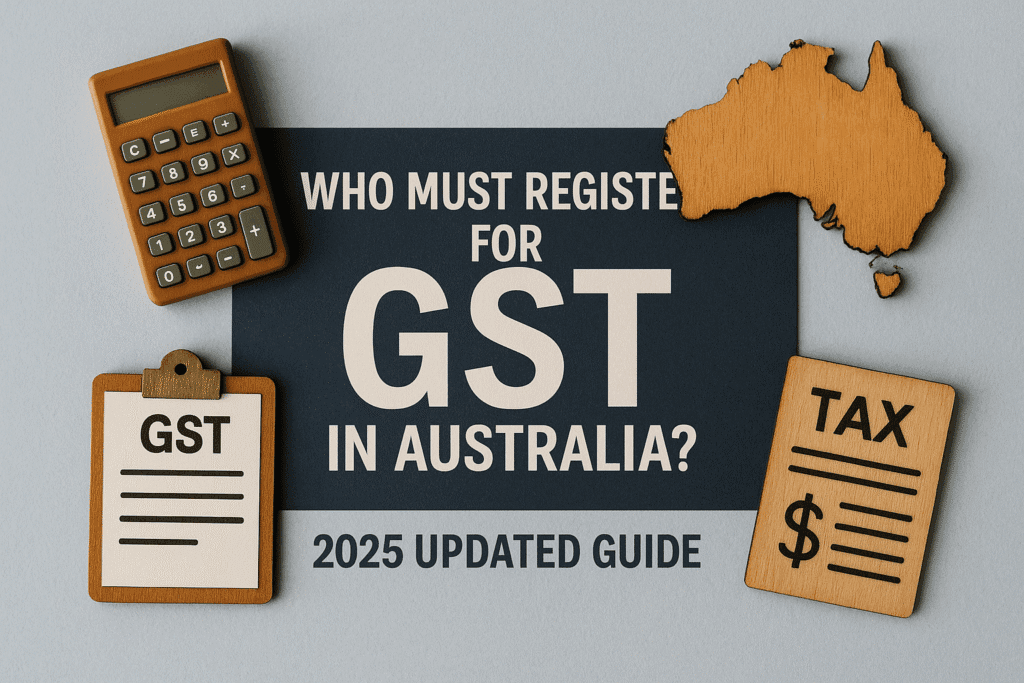Filing your Business Activity Statement (BAS) is a critical part of staying compliant with Australia’s GST rules. But should you file monthly, quarterly, or annually? The answer depends on your business size, turnover, and preference.
This blog explains the differences between each BAS reporting cycle, provisions from the GST Act 1999, and what to do if your turnover changes mid-year. You’ll also find practical examples and FAQs to guide you through your best choice.
GST Law Reference: Division 31 & 151
- Division 31: Requires every GST-registered entity to lodge GST returns for each tax period.
- Division 151: Allows small businesses to elect annual GST reporting if they meet turnover criteria.
Tax Periods: BAS Reporting Options
1. Monthly BAS Reporting
- Mandatory for businesses with GST turnover of $20 million or more.
- Due by the 21st of the following month.
- Improves cash flow tracking.
Example: A large manufacturing company earning $50M files BAS monthly. June BAS is due 21 July.
2. Quarterly BAS Reporting
- Default for most businesses with turnover under $20 million.
- Less frequent reporting; easier admin.
Quarterly BAS Due Dates
| Quarter | Period | Due Date |
|---|---|---|
| Q1 | Jul – Sep | 28 October |
| Q2 | Oct – Dec | 28 February (extended) |
| Q3 | Jan – Mar | 28 April |
| Q4 | Apr – Jun | 28 July |
Example: A digital agency with $600K turnover lodges quarterly. Their Q2 BAS (Oct–Dec) is due 28 Feb.
3. Annual BAS Reporting (Division 151)
- Available to businesses with turnover under $75,000 ($150,000 for not-for-profits).
- Must elect annual GST period and be approved by ATO.
- One BAS per year, due by 28 February after the financial year ends.
Example: A freelance designer with $60,000 turnover chooses annual reporting and files their BAS once a year.
Who Can Apply to Change GST Reporting Period?
| From | To | Allowed? | Conditions |
|---|---|---|---|
| Monthly | Quarterly | Yes | Turnover drops below $20 million |
| Quarterly | Monthly | Yes | Voluntary for closer tracking |
| Quarterly | Annual | Yes | Turnover below $75k (or $150k NFPs) |
| Annual | Quarterly/Monthly | Yes | If turnover increases |
How to Change: You can change via ATO Online Services, through your tax/BAS agent, or by calling the ATO.
What If My Turnover Changes During the Year?
If your GST turnover changes during the financial year:
- your BAS cycle unless notified by the ATO.
- You can voluntarily request a change for future tax periods.
- If you exceed annual thresholds, the ATO may end your annual period and require quarterly/monthly BAS from the next period.
Example: A seller starts with $70K turnover (annual GST reporting), but crosses $100K mid-year. They continue with annual reporting unless the ATO tells them to change.
Comparison Table – BAS Reporting Options
| Type | Eligibility | Due Dates | Best For |
|---|---|---|---|
| Monthly | Turnover ≥ $20M | 21st of following month | Large enterprises |
| Quarterly | Turnover < $20M | 28 Oct, 28 Feb, 28 Apr, 28 Jul | Most small-medium businesses |
| Annual | < $75K (or $150K NFP) | 28 Feb after year-end | Freelancers, small microbusinesses |
Frequently Asked Questions (FAQs)
1. Do I have to change my BAS cycle immediately if my turnover increases?
No. A change in turnover doesn’t trigger an automatic change. You’ll continue your current BAS cycle until the ATO instructs otherwise or you apply to change it yourself.
2. Can I choose to switch to monthly BAS voluntarily?
Yes. Even small businesses can choose monthly filing for better tracking or faster GST refunds.
3. What happens if I forget to lodge BAS?
You may face penalties, late lodgement fees, and interest. The ATO offers remission in certain cases if you lodge voluntarily before reminders.
4. Can I switch back from monthly to quarterly?
Yes, if your turnover drops below $20 million. You must apply and get ATO approval.
5. Is annual GST reporting risky?
It can be if you’re close to the $75,000 threshold or have irregular income. Review regularly to stay compliant.
Final Tips
- Track your GST turnover regularly throughout the year.
- Choose a BAS cycle that matches your business’s size, cash flow, and admin ability.
- Use a qualified BAS agent like XpertKeeping to ensure timely and accurate lodgements.
Need help choosing or managing your BAS cycle?
Contact our expert team today for a free consultation and personalised advice.(contact@xpertkeeping.com)



